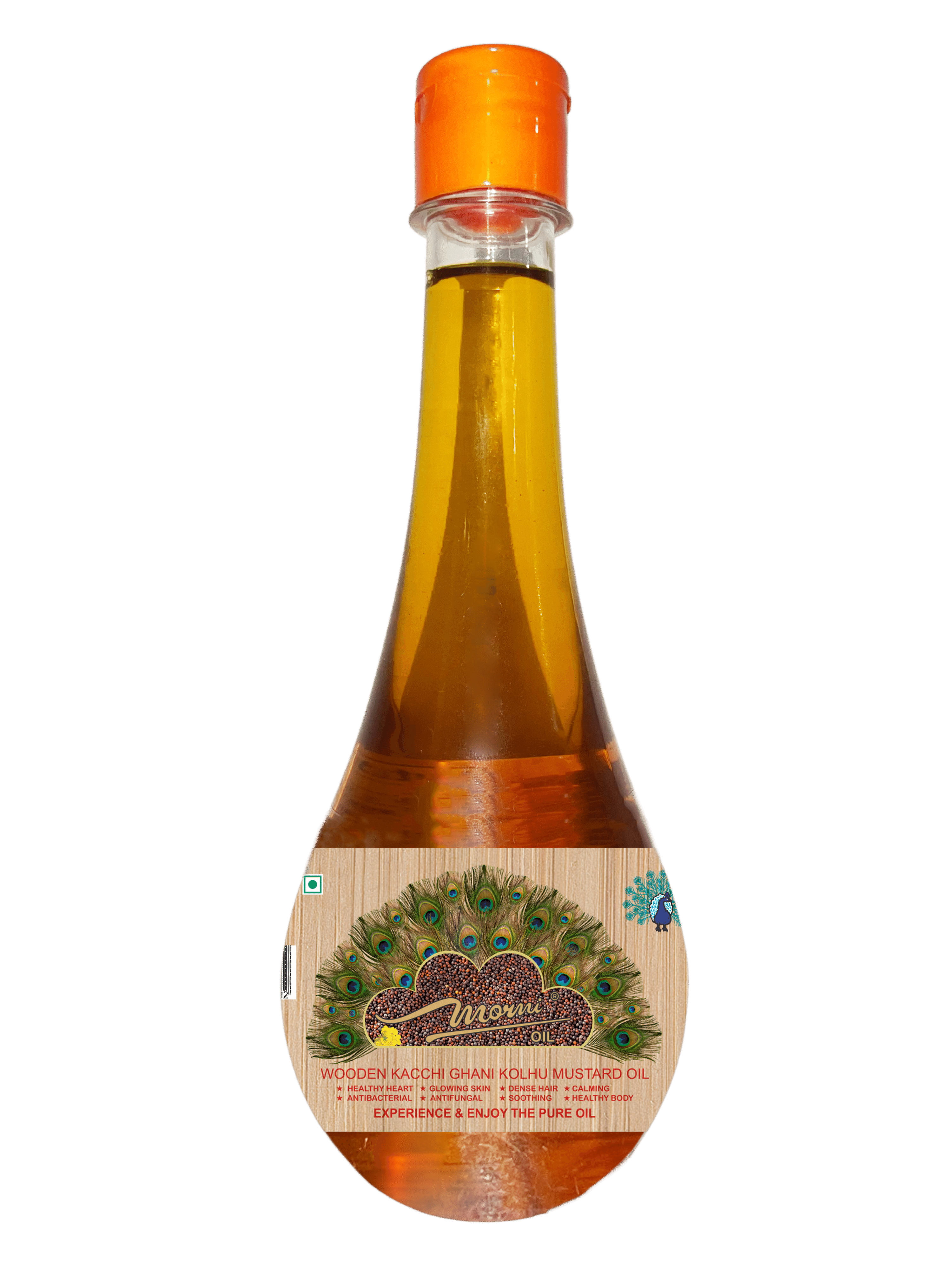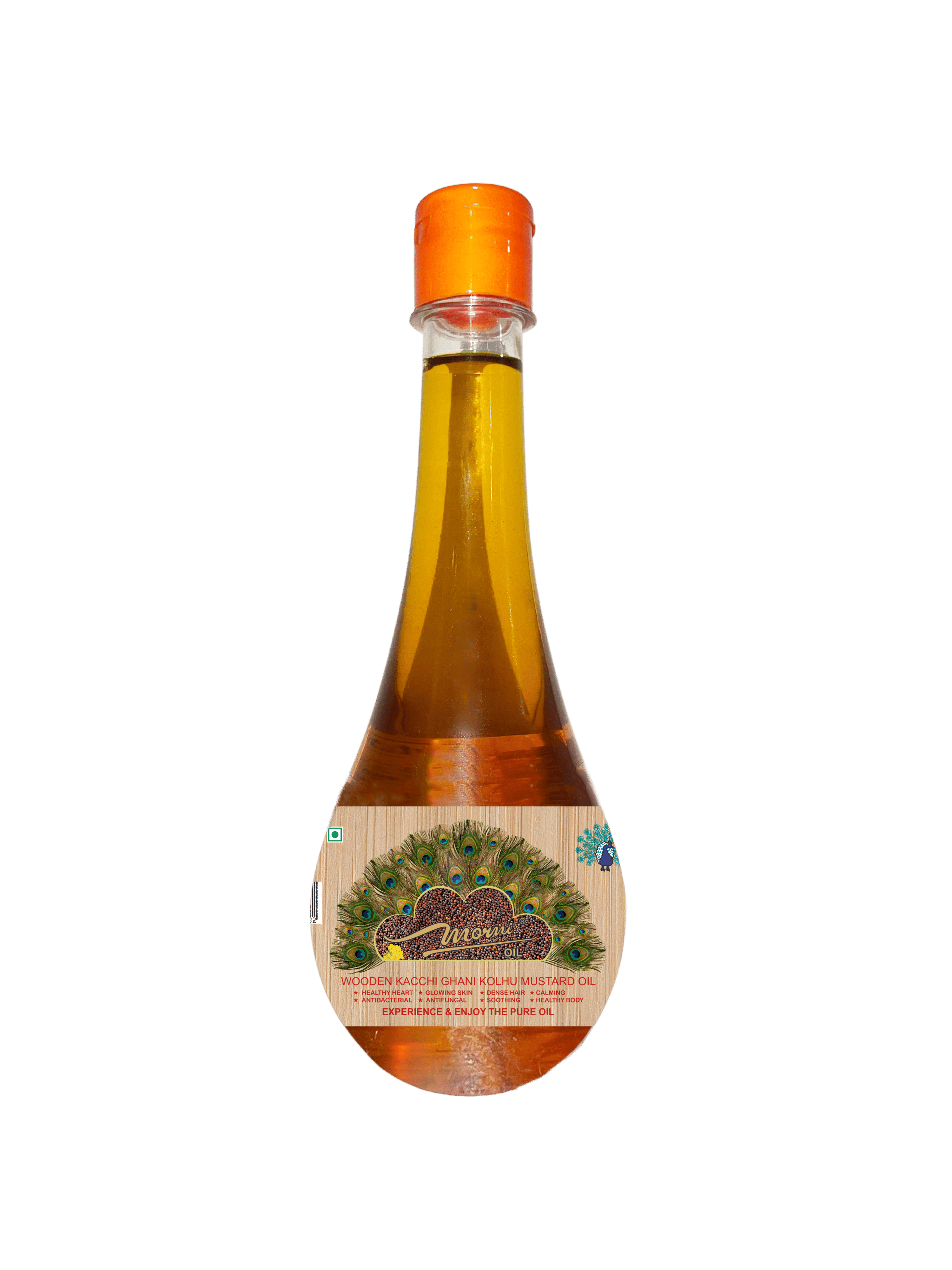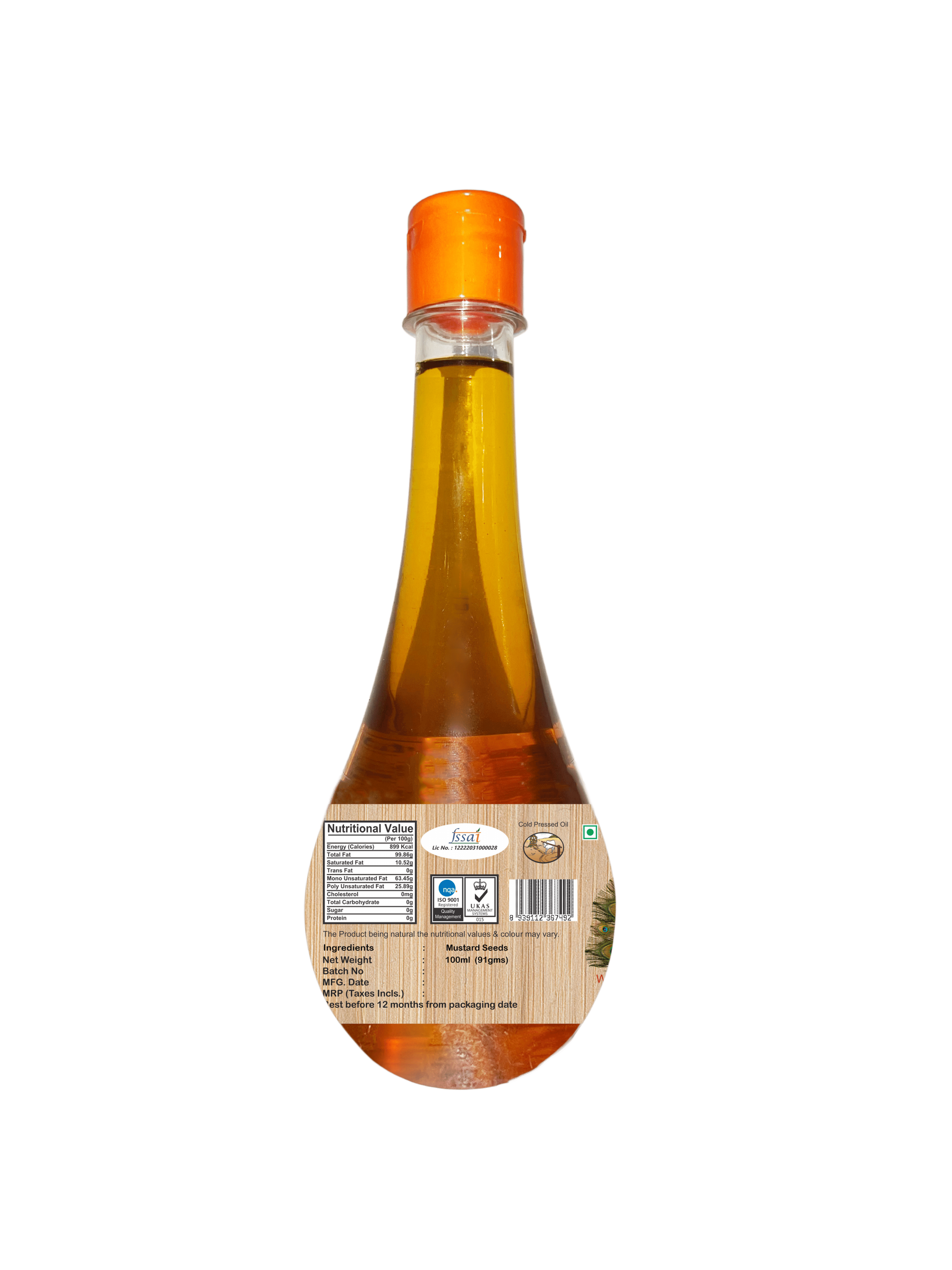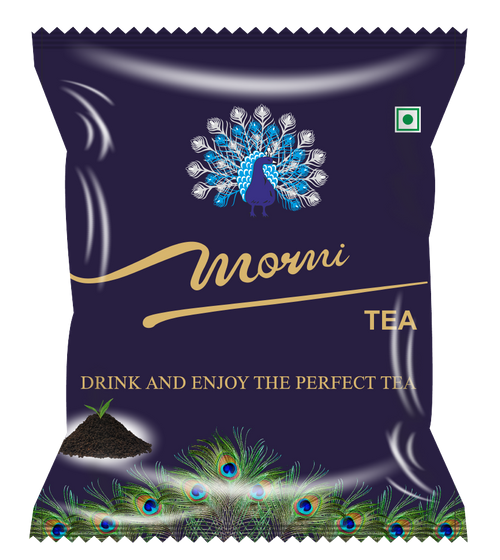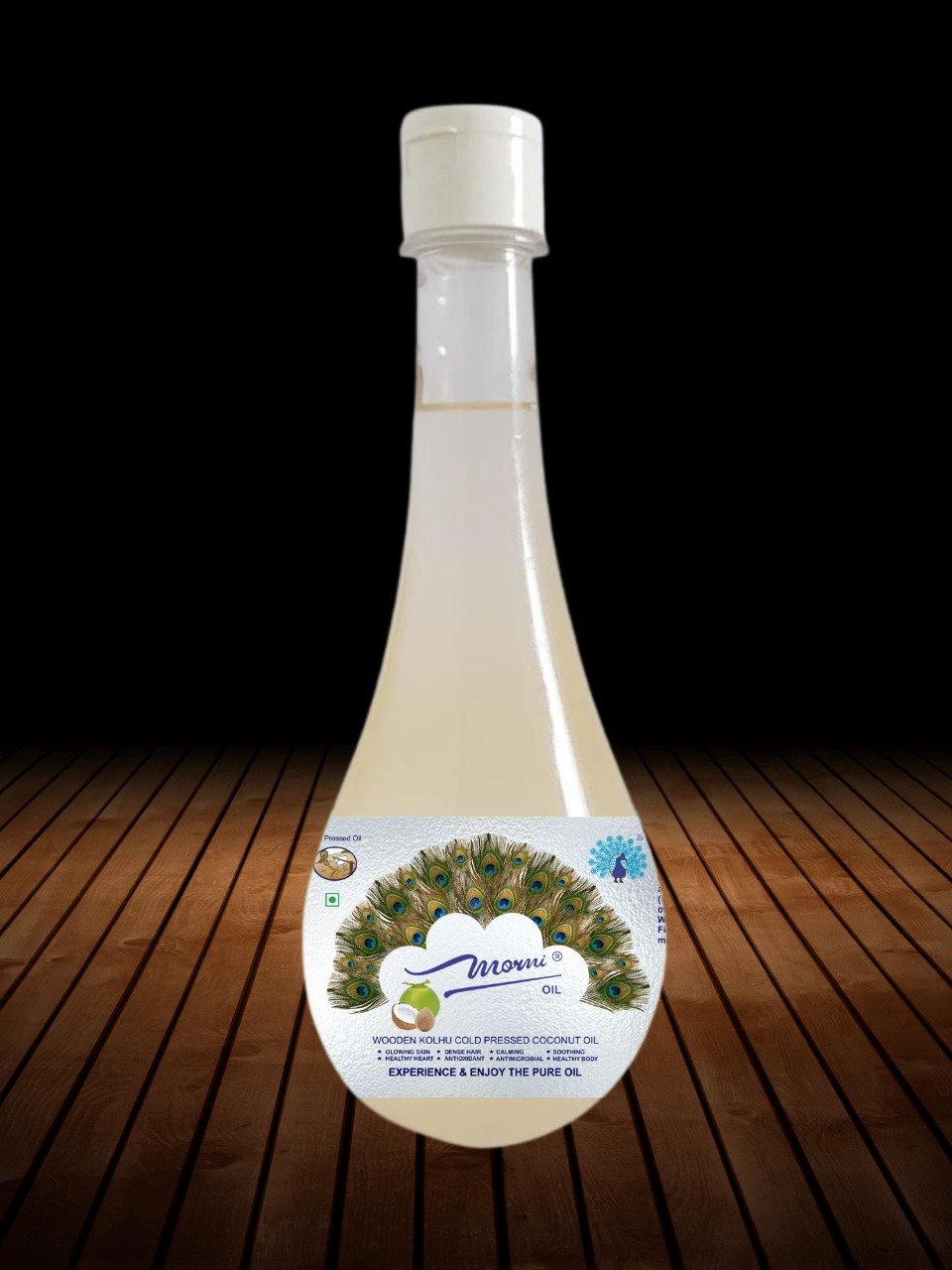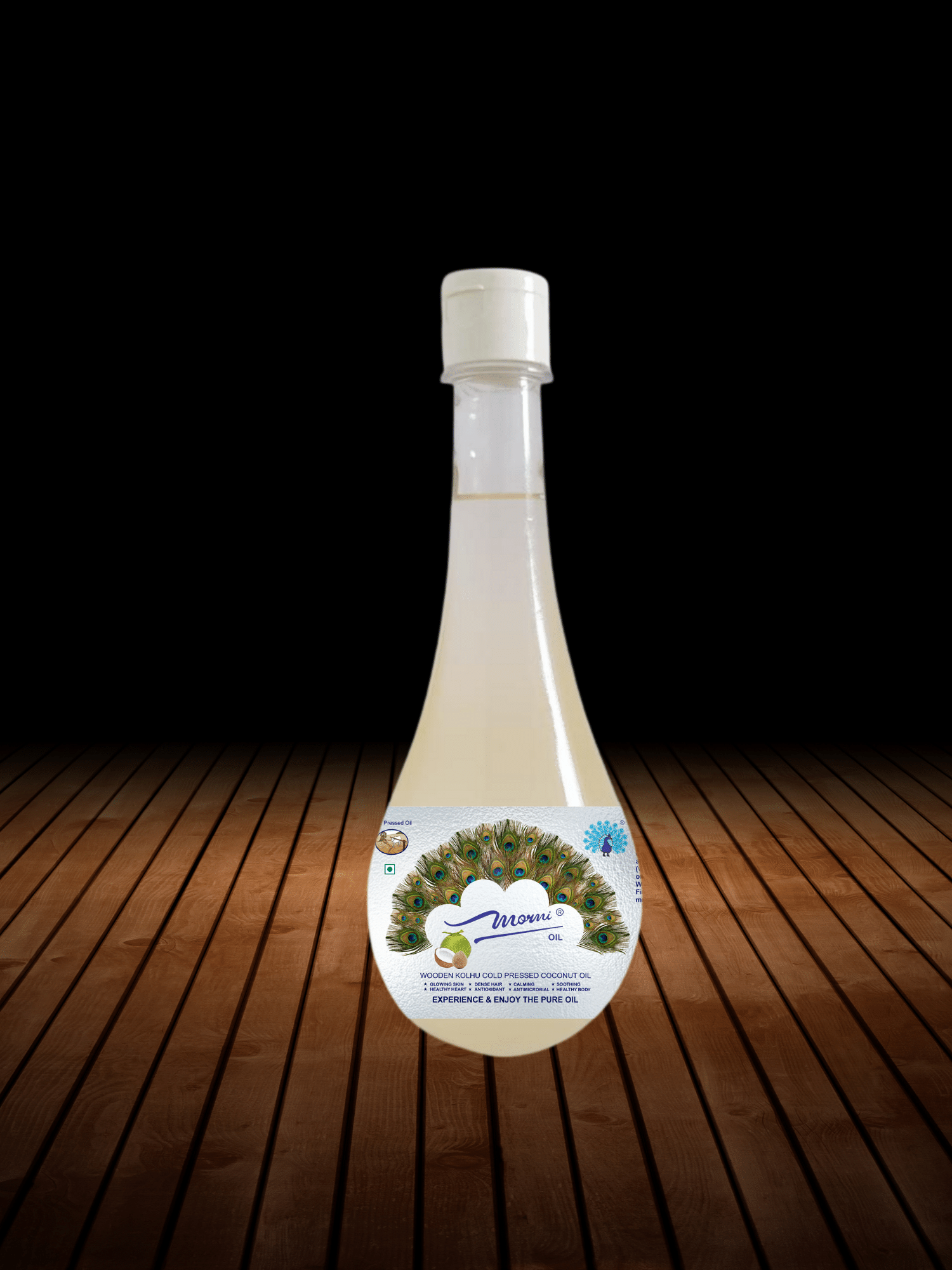When making the switch to a healthier diet, the first thing to change is the oil in which you cook your food. With so many options on the supermarket shelf, deciding which cooking oil is best for our health can be difficult. Margarine, extra virgin olive oil, butter, vegetable oil, refined oil, and cold-pressed oils are all available. People will act as if it is unimportant to choose between refined and cold-pressed oil when cooking. Most of them believe that the only thing that can be consumed is oil.
But the real question is whether they are all consumable. We are confident that you will never want to cook your food in oil that contains toxic chemicals, such as refined oil. So, how can you protect your loved ones and yourself from this scenario? The only way to do so is to learn about the side effects of refined oil and which diseases may arise as a result of its regular use.
Process of Extraction: Extracted from mustard seeds and purified through distillation. Mustard Oil Production – Mustard oil is produced in two ways: pressing and grinding. To obtain vegetable oil, the first method is to press the mustard seeds. The second method involves grinding the seeds, mixing them with water, and then distilling the oil. As a result, mustard oil has a lower fat content. Here's a look back at the history of mustard oil. Mustard Oil's History
Mustard oil has been used for thousands of years in countries such as India, Rome, and Greece. The first known applications of mustard seeds were medicinal – Hippocrates used mustard seeds to prepare certain medicines. The Romans flavoured their wine with mustard seeds. The Greek scientist Pythagoras used it as a natural treatment for scorpion stings. Let's take a look at the nutritional profile of mustard oil now.
There is no evidence that mustard oil can completely treat dandruff. Because of its antibacterial and antifungal properties, anecdotal evidence suggests that it may help relieve dandruff and scalp itchiness. You can still use the oil. Mix equal parts mustard and coconut oil and massage into your scalp. Wrap a towel around your hair and leave it on for two hours. Remove with a gentle shampoo. Do this several times per week.
These are some of the potential advantages of mustard oil. In the following sections, we will attempt to comprehend more about the oil.
Name : Mustard Oil / Sarso Tel
Ingredients : Mustard seeds
Net Weight : 500 ML (455 gms)
Shelf Life : 12 Months from the date of manufacturing
Storage : Store in dark and cool place. Avoid direct Sunlight.
Colour : May vary as it is Natural Product.
Price -
300.00 INR
Name : Mustard Oil / Sarso Tel
Ingredients : Mustard seeds
Net Weight : 100 ML (91 gms)
Shelf Life : 12 Months from the date of manufacturing
Storage : Store in dark and cool place. Avoid direct Sunlight.
Colour : May vary as it is Natural product.
Price -
60.00 INR
Name : Mustard Oil / Sarso Tel
Ingredients : Mustard seeds
Net Weight : 1000 ML (991 gms)
Shelf Life : 12 Months from the date of manufacturing
Storage : Store in dark and cool place. Avoid direct Sunlight.
Colour : May vary as it is Natural product.
Price -
550.00 INR
Name : Loose Assam CTC Leaves
Ingredients : CTC Leaf
Net Weight : 250 Grams Pouch
Shelf Life : 12 Months from the date of manufacturing
Storage : Store in dark and cool place.
Colour : Black.
Price -
100.00 INR
Name : Coconut Oil / Nariyal Tel
Ingredients : Raw Coconut
Net Weight : 500 ML
Shelf Life : 12 Months from the date of manufacturing
Storage : Store in dark and cool place. Avoid direct Sunlight.
Colour : May vary as it is Natural Product.
Price -
550.00 INR
Name : Coconut Oil / Nariyal Tel
Ingredients : Raw Coconut
Net Weight : 100 ML
Shelf Life : 12 Months from the date of manufacturing
Storage : Store in dark and cool place. Avoid direct Sunlight.
Colour : May vary as it is Natural Product.
.jpeg)

.jpeg)
